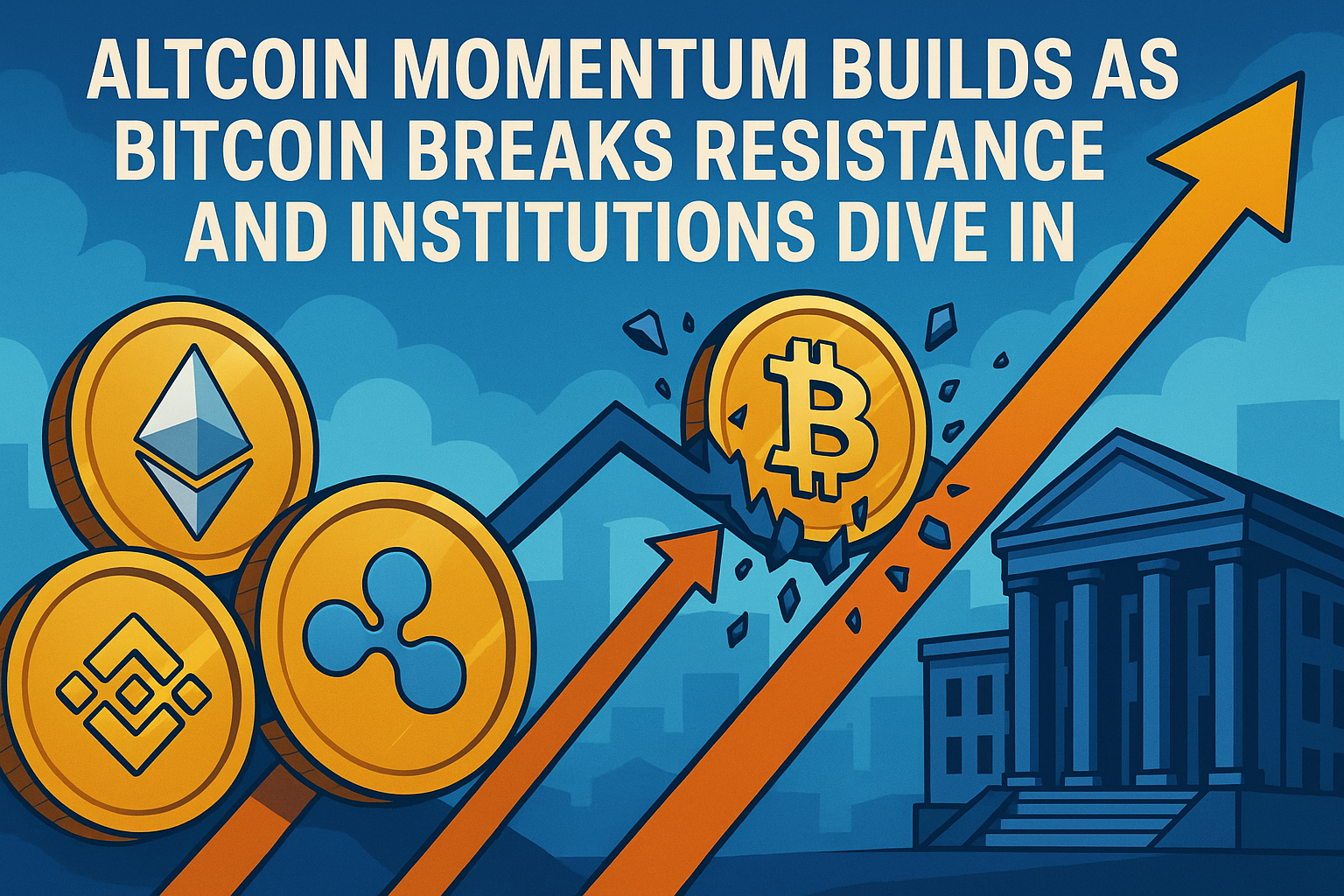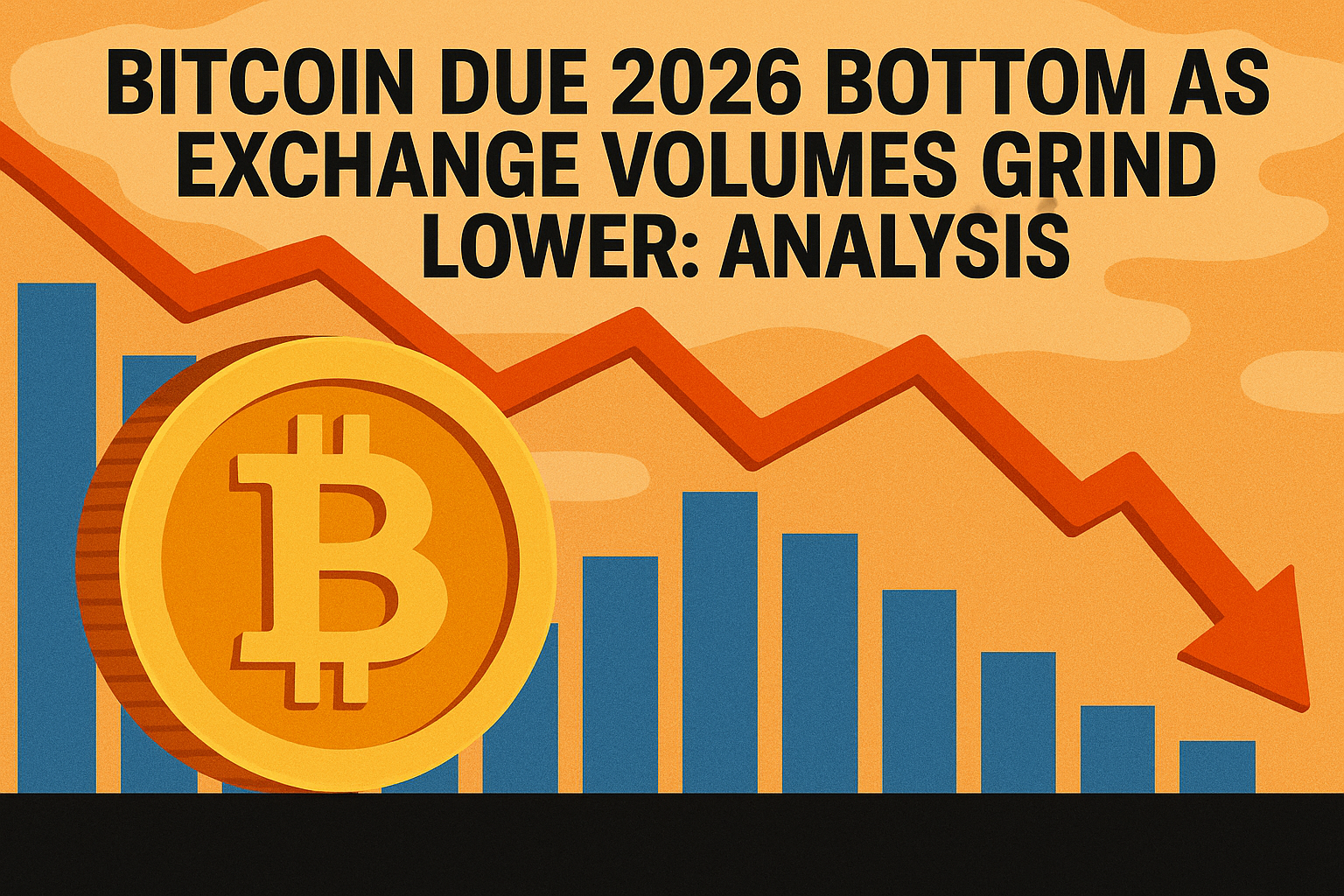Table of Contents
Introduction:
White papers in the cryptocurrency world are critical documents that provide in-depth information about a specific digital currency or blockchain project. They typically outline the project's purpose, technology, protocol, roadmap, and the team behind it.
However, there has been a debate about the correct spelling, between "white paper" and "whitepaper" is more than just a matter of spelling—it reflects the evolution of a crucial document in the business and technology sectors.
This article delves into the correct spelling, usage, and significance of white papers in professional contexts.
Historical Context:
The term "white paper" originated in government and policy circles, referring to informative reports. Over time, its usage expanded into business and technology sectors, maintaining the essence of presenting detailed information on specific topics.
The Spelling Debate:
A simple online search reveals a disparity in usage. "White paper," the two-word version, often garners more hits and is preferred in many writing style guides. However, "whitepaper" has also gained traction, particularly in digital and tech-centric communications.
Style Guide Preferences:
Renowned style guides like APA, Chicago, and MLA typically endorse "white paper." This preference is rooted in traditional grammatical rules that treat compound nouns as separate entities unless widely accepted as a single term.
Contemporary Usage:
In modern marketing, technology, and business, whether one opts for "white paper" or "whitepaper" can depend on industry norms and personal or organizational style. However, the two-word version is generally regarded as more formal and traditionally correct, especially when it comes to the cryptocurrency sector.
Function and Importance:
White papers are comprehensive, research-based documents that tackle complex topics, offering in-depth insights and solutions. They are key in decision-making processes, serving as educational tools rather than direct sales pitches.
Conclusion:
While "white paper" is traditionally correct and widely accepted, "whitepaper" has found its place in the modern lexicon, especially in informal or digital contexts. Understanding the nuances in their usage reflects a broader appreciation for language evolution and professional communication standards. Ultimately, the choice between the two may come down to the context and audience of the document.




